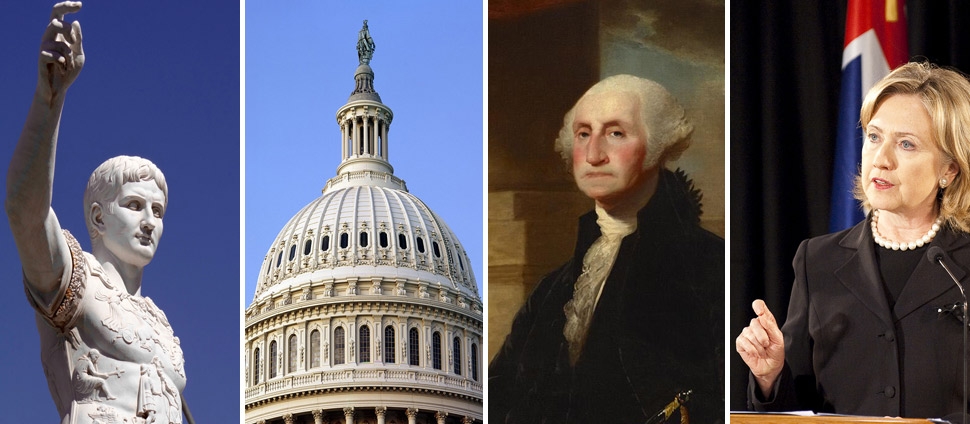Document Type
Article
Publication Date
Winter 2022
Publication Title
Democratic Theory
Abstract
Can civil disobedience be transnationalized? This question presumes civil disobedience to be a fundamentally domestic concept—one constitutively tied to both the nation-state and the normative underpinnings of liberal, constitutional democracies. This article shows how this assumption mistakes one version of civil disobedience’s twentieth-century intellectual history for the whole of it, and risks reproducing binaries (domestic vs. international, democracies vs. non-democracies) that trouble attempts to theorize the transnational. Turning to an alternative intellectual history—a network of civil rights and anticolonial activists—reveals a novel theory of civil disobedience as decolonizing praxis, as well the stakes of these binaries: the disavowal of white supremacy as pervasive and durable global structure of governance, linking the domestic to the international, and democratic rule to domination.
Keywords
anticolonialism, civil disobedience, civil rights movement, Gandhi, John Rawls, liberal democracy, Martin Luther King Jr., transnational
Volume
9
Issue
2
First Page
11
Last Page
36
DOI
10.3167/dt.2022.090202
Creative Commons License

This work is licensed under a Creative Commons Attribution-NonCommercial-No Derivative Works 4.0 International License.
Version
Version of Record
Recommended Citation
Pineda, Erin, "Beyond (and Before) the Transnational Turn: Recovering Civil Disobedience as Decolonizing Praxis" (2022). Government: Faculty Publications, Smith College, Northampton, MA.
https://scholarworks.smith.edu/gov_facpubs/75


